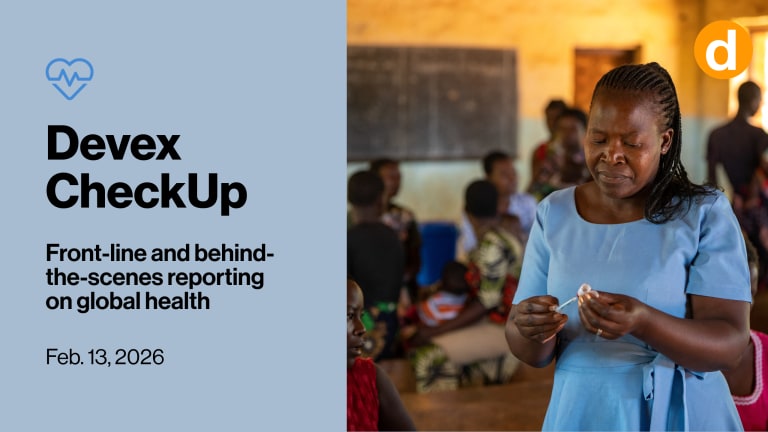Foreign Policy and Oxfam America hosted July 16 a panel discussion featuring government, press and civil society leaders from Africa to debate on smarter aid.
Panelists included Ugandan journalist Andrew Mwenda; Paul O'Brien, director of Oxfam America's aid effectiveness team; O. Natty B. Davis, Liberia's minister of state and national coordinator for reconstruction and development; and Wore Gana Seck, executive director of Green Senegal.
"Aid is an ineffective instrument of government policy," Mwenda noted. "Governments find it cheaper to negotiate for foreign aid rather than to generate it through tax revenues."
He continued: "The result of aid is actually to disarticulate the state from the citizen. The state no longer looks at its own people citizens, as to whom it is accountable and from whom it can generate tax revenues. It looks at them as clients whose support it can buy with foreign aid."
Mwenda believed precise aid targeting to reward successful state programs and individuals would be more effective. He specifically proposed granting aid to efficient government departments, and innovative and productive individuals.
Davis suggested that some civil society actors receive international aid and proceed to criticize the government at home in a generic and unhelpful fashion.
"It behooves the actors working in that space to build their knowledge, and capacity, and understanding of governance," Davis commented. "Civil society needs to involve itself more in understanding the budget process."
Mwenda contended that U.S. aid is actually self-serving and not about Africa. Highlighting the $15 billion pledge by former President George W. Bush for the continent, Mwenda pointed out that the vast majority of the funds were directed by lobbyists to U.S. firms.
"I find the U.S. government, of all Western governments, to have the most corrupt and patronage riddled system," Mwenda remarked. "American aid is not about the recipient – it is about American companies."
Gana Seck remarked along similar lines, noting that U.S. aid is often consumed by bureaucratic processes in Washington, and that more program ownership is needed at a local level.
"You cannot say, 'I will give you $100,' but out of that $100, you just have $15 coming to the field. Where is the gap? We need to know," Gana Seck said.
"If we have to make aid effective, we have first to rearrange the way power is organized, the way power is exercised, and the way power is reproduced in African countries," Mwenda stated. "The best way to do that is to divert significant amounts of aid away from governments to citizens."








